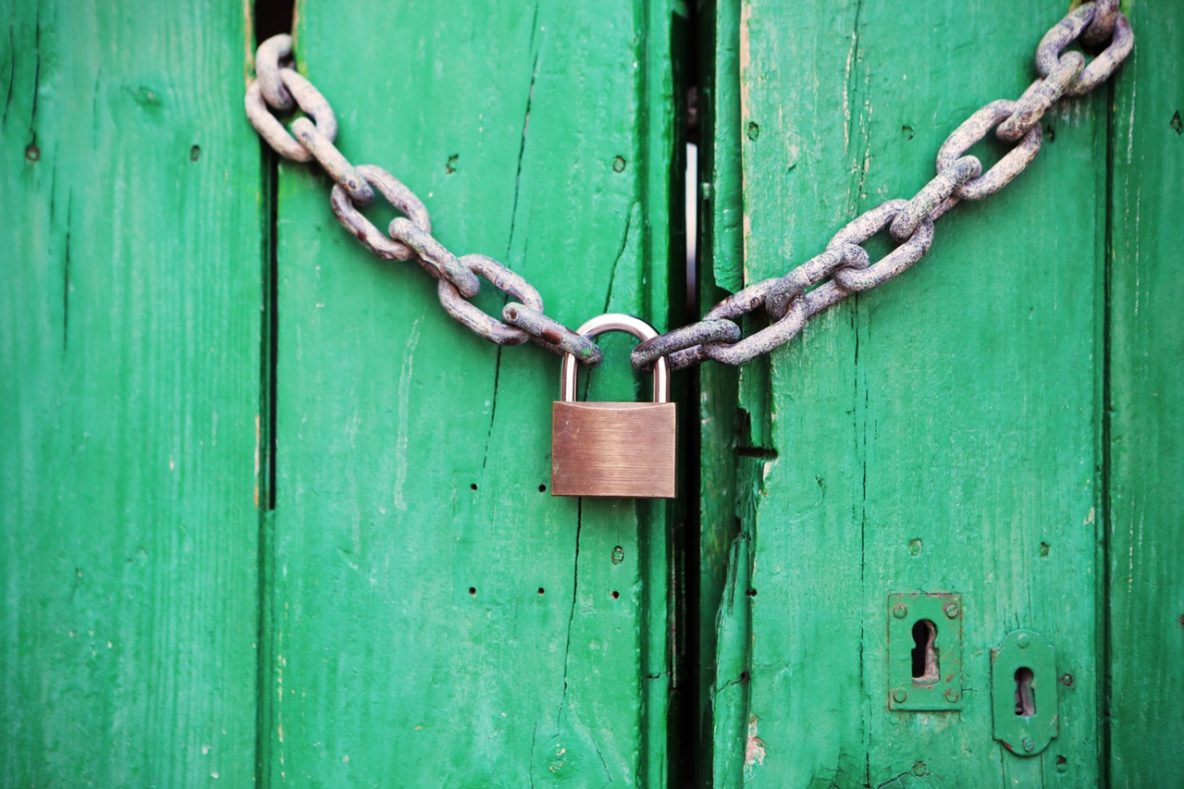Do you ever feel like no matter how prepared you are, you always blank on the big day? This video from TedEd explains how short-term stress could be frying your memory.
You spend weeks preparing for a presentation, memorizing important facts and statistics to dazzle your audience and drive your point home. But when the day finally arrives and you’re on the spot, your mind is as blank as a pristine chalkboard.
What just happened? As educator Elizabeth Cox explains, the answer lies in the complicated relationship between short-term stress and memory.
How Your Brain Makes Memories
When you learn something new, facts you read or hear become a memory through three main steps:
Acquisition: First, as you acquire information, each sensory experience—what you hear, see, touch, or smell—activates a unique set of brain areas including the hippocampus, amygdala, and prefrontal cortex.
Consolidation: Then, a sensory experience has to be consolidated by the hippocampus, which encodes information in order for it become a lasting memory. This is influenced by the amygdala, which places greater significance on experiences associated with strong emotions in order to turn those experiences into memories (that’s why you remember the time you broke your leg as a child, but not what you ate for breakfast two weeks ago).
Inclusion: Finally, the hippocampus creates a memory. This is most likely done by strengthening the synaptic connections between brain cells stimulated during the original sensory experience. (While scientists are still trying to pinpoint the exact mechanism that makes a memory stick, this is the leading theory.)
Once a memory is created, it can later be retrieved by the prefrontal cortex, the area of the brain responsible for your thoughts, attention, and ability to reason.
Why Stress Makes You Forget
In the first two stages of creating a memory, moderate stress can actually be helpful for retaining information, as hormones released in periods of stress stimulates the brain.
“Your brain responds to stressful stimuli by releasing hormones known as corticosteroids, which activate a process of threat detection and threat response in the amygdala,” Cox explains. “The amygdala prompts your hippocampus to consolidate this stress-inducing experience into a memory, meanwhile the flood of corticosteroids from stress stimulates your hippocampus, also prompting memory consolidation.”
Once stress becomes a chronic problem, however, it has the opposite effect on memory.
The reason for this has to do with human’s fight, flight, or freeze response. This response has the ability to overrule “slower, more reasoned thought” when it perceives you’ve entered a dangerous situation so that you can react quickly and get out of harm’s way.
“The weeks, months, or even years of sustained corticosteroids that result from chronic stress can damage the hippocampus and decrease your ability to form new memories.”
Unfortunately, harmless but stressful events—like taking your driver’s exam—can trigger this response, causing your mind to go blank. As you begin to panic even more, the act of trying to remember can itself become a stressor, leading to a vicious cycle where the possibility of recalling what you need to know becomes even less likely.
“The weeks, months, or even years of sustained corticosteroids that result from chronic stress can damage the hippocampus and decrease your ability to form new memories,” Cox says.
How do we break the cycle? Here are three ways to use stress to your advantage:
Put yourself under pressure. When getting ready for a high-pressure situation, like a presentation or an exam, do your best to rehearse in a setting that will be similar to the actual event. For example, if your speech is going to be timed, set a timer when you practice. When you create an environment that is similar to the one you’ll be performing in, you can desensitize your brain’s flight-or-fight response.
Exercise every day. Regular exercise increases your heart and breathing rate, which is linked to chemical changes in the brain that reduce anxiety and increase a sense of well-being. Plus, exercise is believed to improve sleep, ensuring you get adequate rest before a stressful day.
Remember to breathe. On the day of a high-pressure event, take a deep breathe. Deep breathing exercises have been proven to reduce test anxiety, as doing so can counteract your body’s fight, flight, freeze response.
BY NICOLE BAYES-FLEMING
